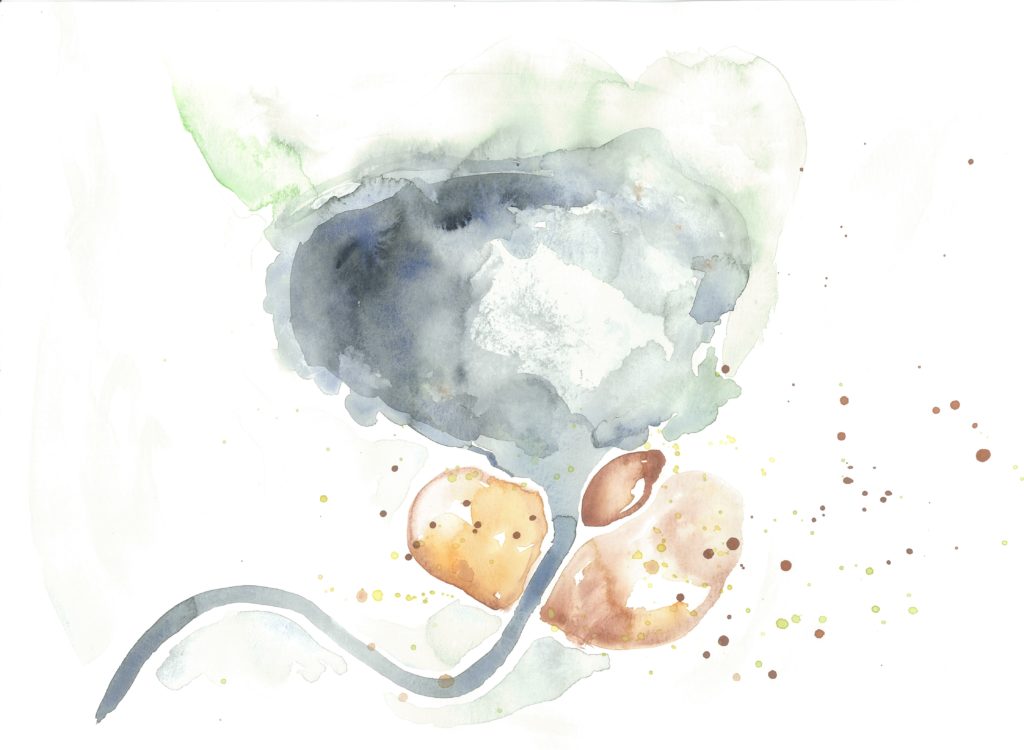Anti-Inflammatory Diet
| Food to Include | Food to Avoid |
FruitEat only 1 or 2 pieces of any of the following fruits a day and try and to eat mostly lower carbohydrate fruits (3 or 6%): 3% – cantaloupe, strawberries, melons, blueberries, raspberries, lemons and limes 6% – apriocts, blackberries, papaya, peaches, plus, kiwi 15%- apples, cherries, grapes, mangoes, pears, pineapple, pomegranate 20% – bananas, figs, prunes or any other dried fruit |
Fruitgrapefruit and oranges |
VeggiesIt is best to try to eat mostly the low carbohydrate vegetables (3 or 6%): 3% – asparagus, bean sprouts, broccoli, cabbage, cauliflower, celery, swiss chard, cucumber, lettuce, radish, spinach, bok choy, mushrooms, arugula 6% – green beans, beets, brussel sprouts, kale, leeks, onion, pumpkin 15% – artichoke, green peas, squash, carrots 20%- yams *all fresh raw, steamed, grilled, sauteed, roasted, or juiced |
VeggiesCorn Nightshade vegetables – white potatoes, tomatoes, eggplant and bell peppers |
Starch (Breads & Cereals)Eat 1-2 cups of cooked grains per day rice (white, brown, sushi, wild), oats (gluten-free), quinoa (a surprisingly tasty grain, somewhat bland on its own, but served with a sauce or gravy — delicious), millet, tapioca, amaranth, buckwheat |
Starch (Breads & Cereals)corn, plus all gluten containing products including wheat, spelt, kamut, barley, rye |
Legumesall legumes including peas and lentils (except soybeans) |
Legumessoybeans, tofu, tempeh, soy milk, soy sauce, or any product containing soy |
Nuts and Seedsall nuts except peanuts – almonds, cashews, macadamia, walnuts, pumpkin seeds, brazil nuts, sunflower seeds, etc., — whole or as a nut butter |
Nuts & Seedspeanuts, peanut butter, and peanut oil |
Meat and Fishall fresh or frozen fish (except shellfish -with the exception of oysters from a clean source) such as salmon, halibut, sole, mahi mahi, cod, snapper, etc., (wild is better than farm raised fish) — chicken, turkey, wild game (venison, buffalo, elk, etc.), — with meat only eat organic, hormone & antibiotic free, free range, grass-fed (beef). Fish and meat can be baked, steamed, poached or broiled. |
Meats & Fishtuna and swordfish, shellfish, cold cuts (unless they contain no nitrates) and canned meats. All pork and pork products Beef |
Dairy products & substitutesmilk substitutes such as rice milk, oat milk, almond or other nut milk, and egg substitutes |
Dairy products & substitutesmilk, cheese, cottage cheese, cream, butter, yogurt, ice cream, non-dairy creamers, soy milk, and eggs |
Fatscold pressed oils such as olive oil, flaxseed, canola, safflower, sunflower, coconut, sesame, walnut, hazelnut or pumpkin seed, butter (allowed if from organic grass fed cows) |
Fatsmargarine, butter, shortening, any processed or hydrogenated oils, peanut oil, mayonnaise |
Beveragesfiltered or distilled water, decaffeinated tea, decaffeinated green tea, herbal tea, pure fruit juices, kombucha, or mineral water |
Beveragessodas and soft drinks (including sugar-free), alcoholic beverages, coffee, tea, or any other caffeinated beverages, sweetened fruit juice |
Sweet stuffDark chocolate (70%+), brown rice syrup (gluten-free), chicory syrup, stevia, blackstrap molasses, fruit sweeteners such as LoHan fruit, pure maple syrup, agave nectar, yacon syrup |
Sweet stuffwhite or brown sugar, high fructose corn syrup, honey, corn syrup, sweetners |
Spices and condimentsvinegars (except grain source), wasabi, mustard, horseradish, pesto (cheese free) and all spices |
Spices & Condimentschocolate, ketchup, relish, soy sauce, BBQ sauce, chutney |
- It is recommended to primarily consume steamed vegetables as steaming improves the availability of the food nutrients allowing the gastro-intestinal muscosa to repair itself. Use minimal raw vegetables except as in salad.
- Drink a minimum of 6-8 glasses of water/herbal teas every day
- Although some “sweet stuff” is allowed, try to keep these foods to a minimum as any increase in blood sugar can contribute to inflammation
- Chew food sufficiently and be sure to relax when eating. Enjoy taking time to eat, time with loved ones. This allows for better digestion.
- Do not drink too much water (or any liquid) with your meals as it makes digestion more difficult.
- Foods should be organic whenever possible to minimize the negative effects that pesticides may have on your health.
- Take time to educate yourself on how to properly soak, sprout, and cook your legumes and grains.
- Include plenty of fermented foods in your diet to help maintain healthy gut flora (sauerkraut, kimchi, kefir, kombucha)
- Utilize kombucha to help minimize the caffeine withdrawal often experienced for 2-3 days when stopping coffee consumption.
- If cravings are something with you have, make sure to have something satisfying and filling on hand (hummus, carrots, lots of fruit, dates, raisins, etc)
- When cooking meats, take your time. Use low temperature.
- Local foods should always be a focus when possible.
